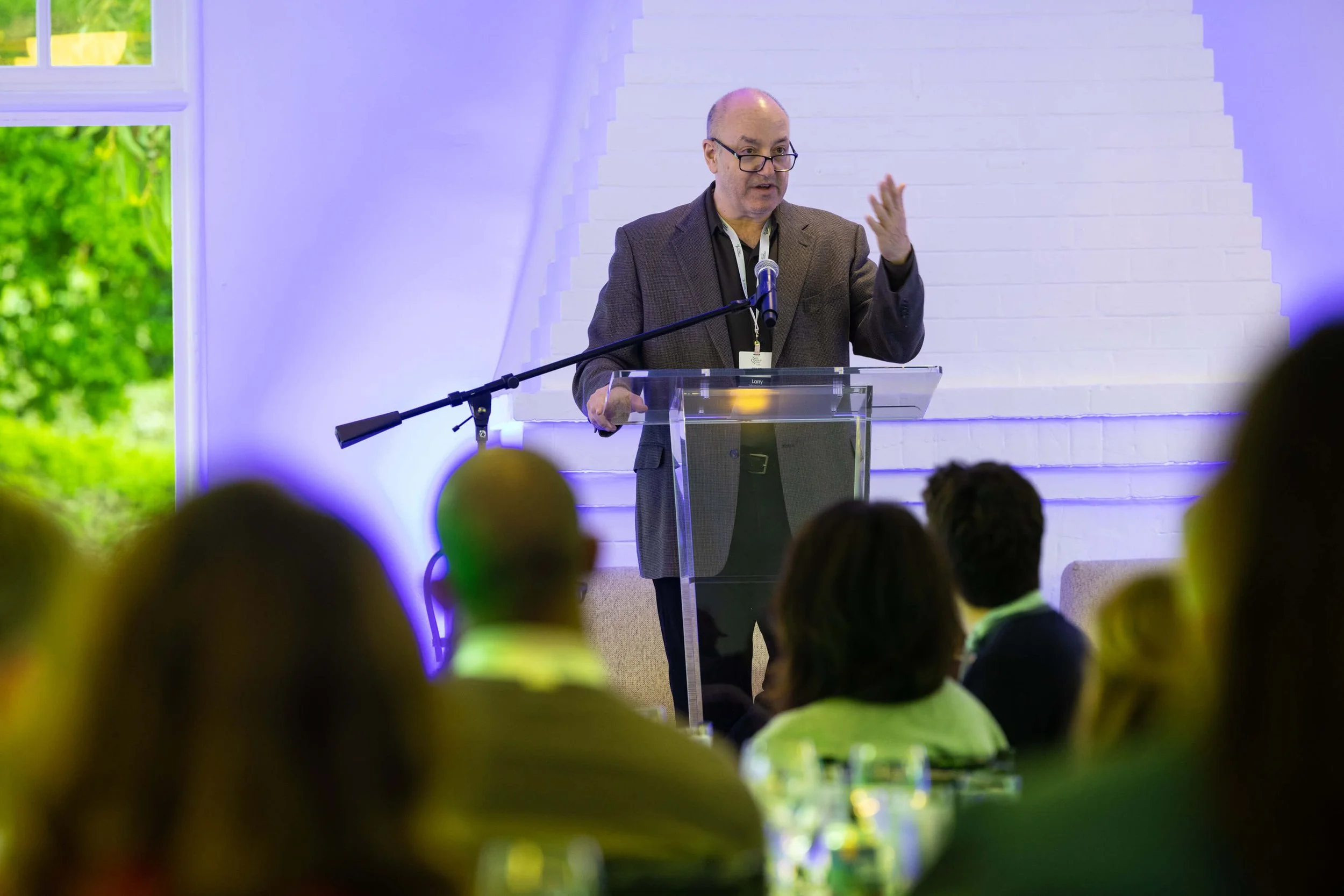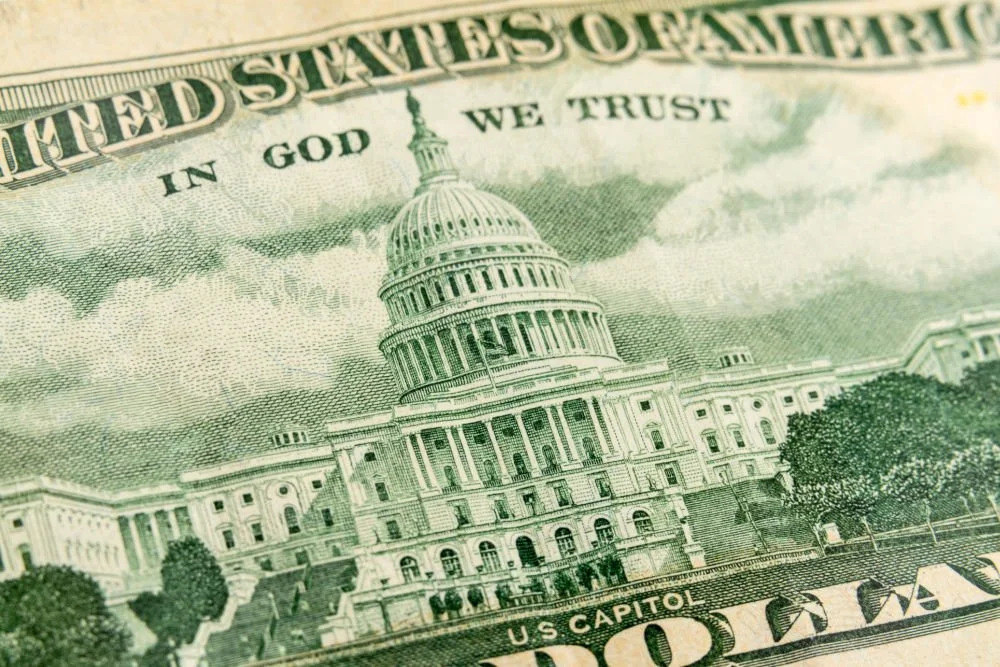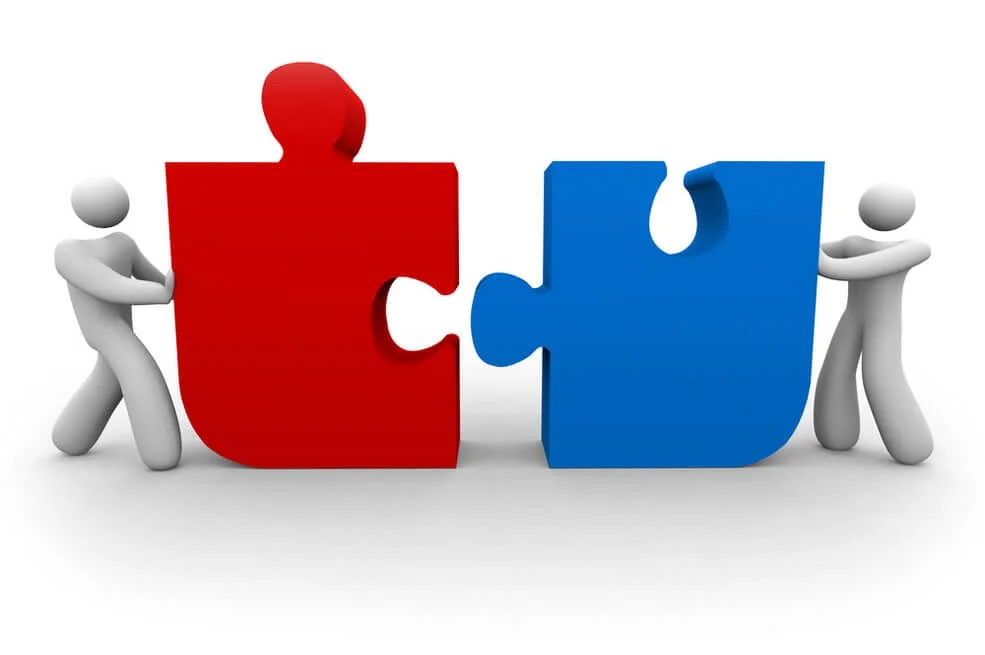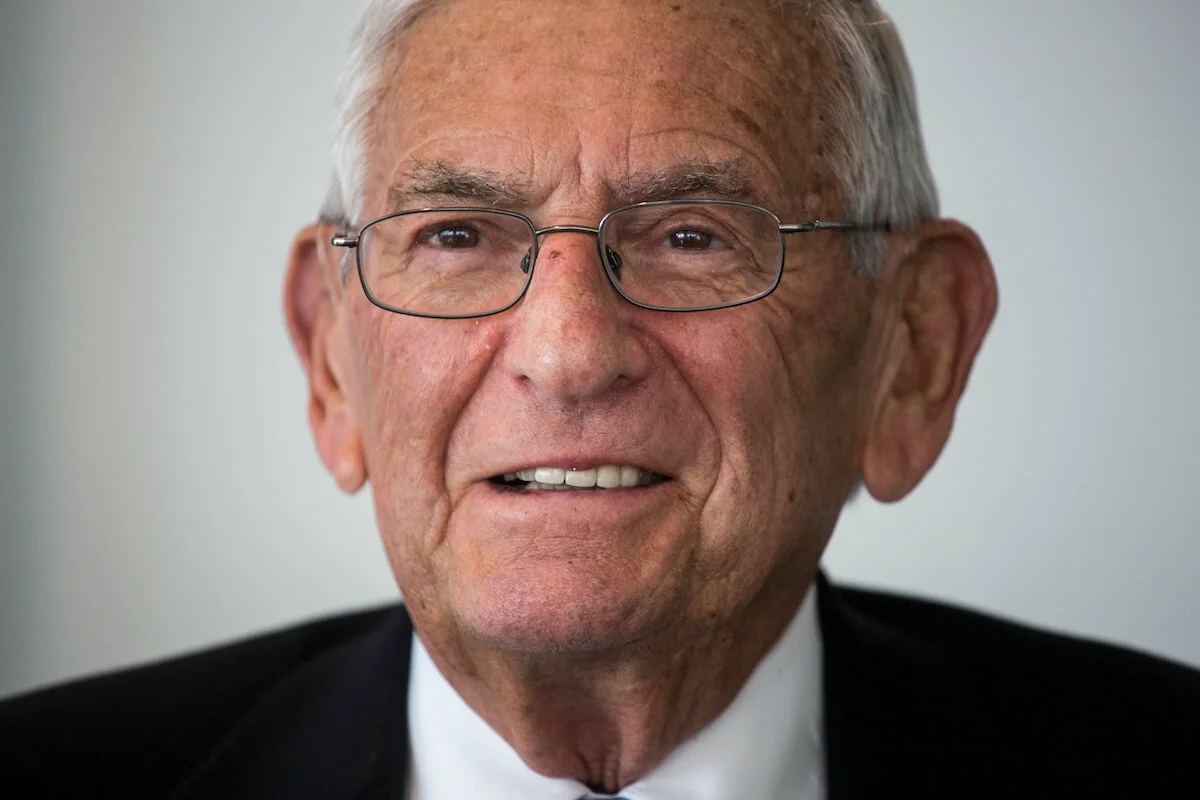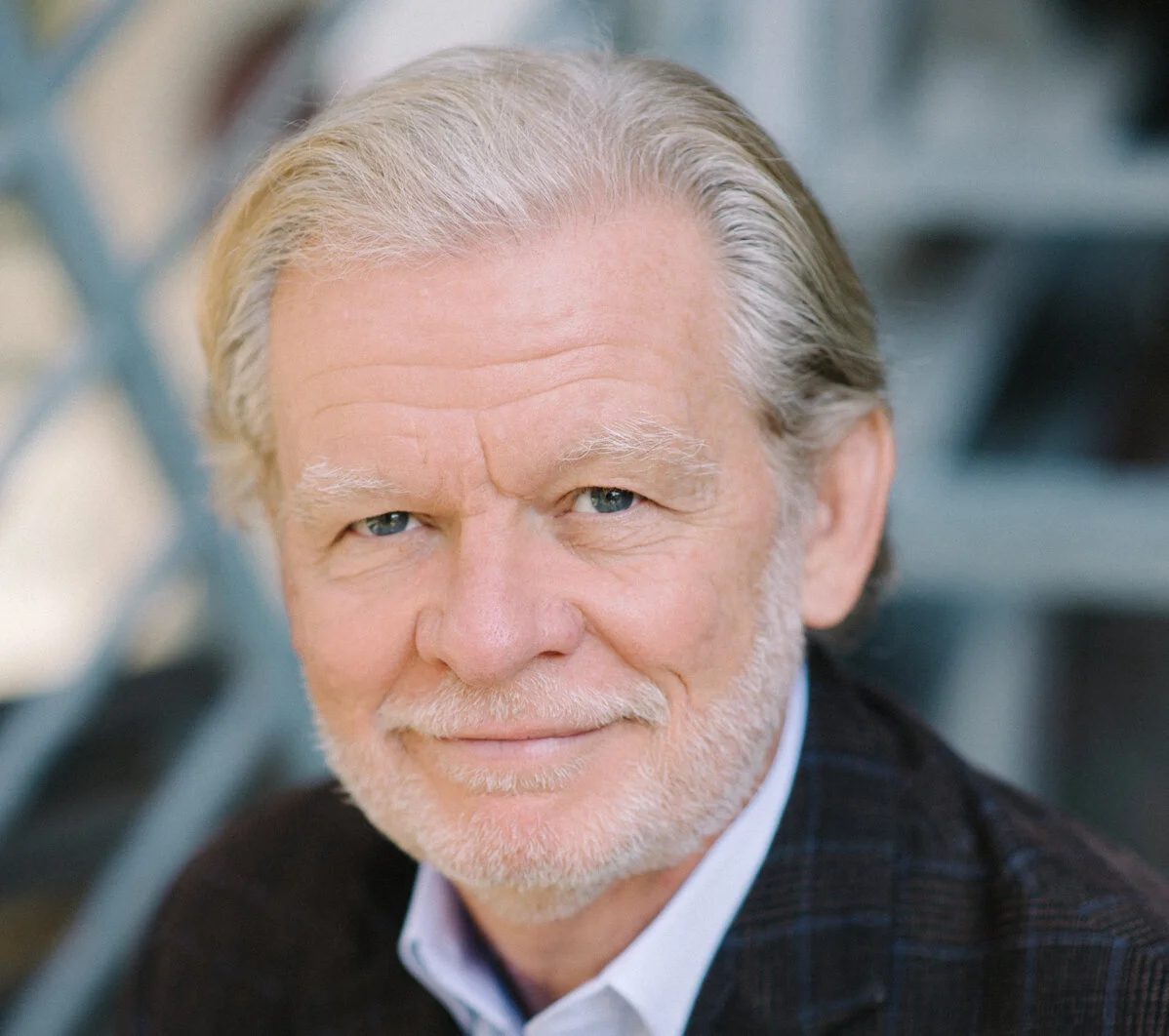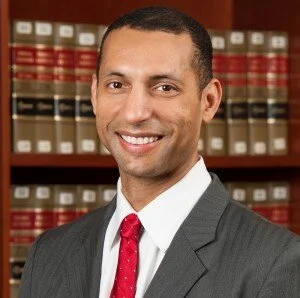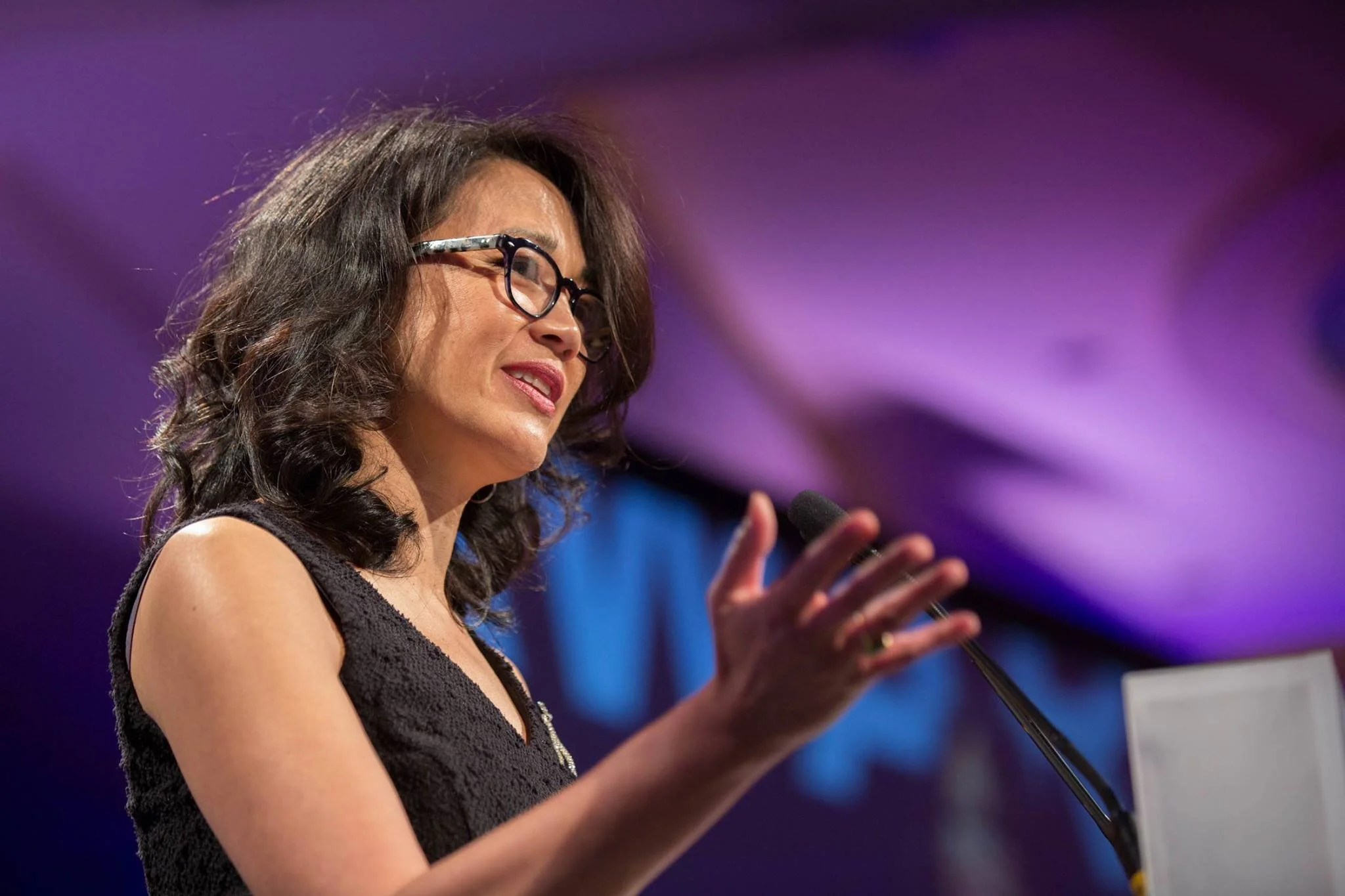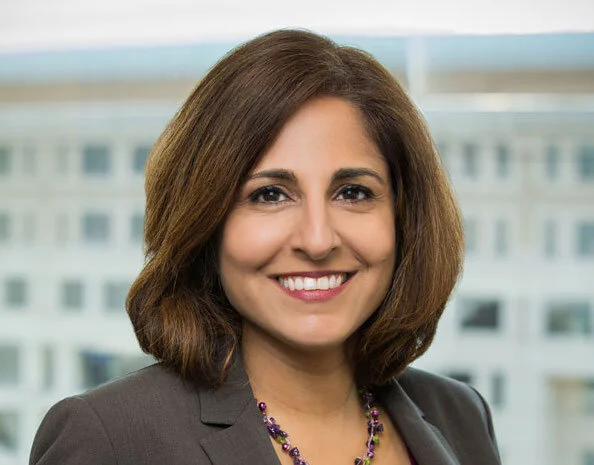Jeff Bezos is Doing Smart Philanthropy. Now He Needs to Show Real Moral Leadership
/— Jeff Bezos (@JeffBezos) September 13, 2018
It’s hard to imagine a better time for a top tech leader to step forward with a sweeping act of generosity—as Jeff Bezos did today, with a $2 billion pledge to help low-income kids and homeless families.
A backlash to tech giants has been gaining steam, putting these companies in the crosshairs of Congress, regulators and the president. The EU is coming down on these firms with historic fines. Stories keep popping up about hellish conditions in Amazon’s supply chain. Tech’s allies in the intelligentsia and Democratic Party are jumping ship. Antitrust action by the Justice Department could be right around the corner.
Is all this why Jeff and MacKenzie Bezos are finally getting around to large-scale philanthropy? I have no idea. Maybe the bigger factor here is that the couple’s four children are now older and they have more bandwidth to think about their giving. It’s easy forget that philanthropy is deeply personal for couples. Doing it right is hard, and it takes real engagement.
But you can’t beat the timing, here. Just in the past couple of months, jitters about Amazon’s power seem to have metastasized into new talk of a monopolist threat. Jeff Bezos and John D. Rockefeller are now being mentioned in the same breath.
The closer parallel, though, is Bill Gates. Microsoft was sued by the Justice Department in May 1998. A year later, Gates announced his largest philanthropic gift ever: $1 billion for scholarships for minority students. A year after that, as Microsoft fought to avoid being broken up into pieces, the Bill and Melinda Gates Foundation was launched with over $20 billion in gifts.
Is Jeff Bezos trying to get ahead of the curve of public opinion by moving into philanthropy? Again, who knows? What I can say is that Bezos is off to a strong start with his giving.
While many of the details of the new Bezos Day One Fund are unclear, there are a few things to like here already.
Targeting Urgent But Neglected Areas
The two initial focus areas of Bezos philanthropy—support for homeless families and preschool for low-income kids—are both smart areas for the couple to focus on. Homelessness has emerged as one of the great moral crises of our time, especially in West Coast cities like Seattle. As we report often at IP, there’s a lot of new energy and optimism in philanthropy about tackling this problem, often working in partnership with local governments. Still, there’s a lack of truly deep-pocketed funders working on homelessness, with most of the top foundations taking a pass. So it’s a big deal that Jeff and MacKenzie will target this issue. This is a real shot in the arm for a funding niche that has momentum but needs more resources.
Early childhood education is another great choice for the couple. More research keeps piling up that investing in the first years of a child’s education delivers the most bang for the buck. Many poor kids arrive in kindergarten already behind, and they never catch up, diminishing their life chances. Yet despite the urgency of getting to these kids early, government spending for Pre-K remains a tiny slice of overall education budgets, and few major philanthropies focus at this stage.
As we’ve been reporting, though, interest in early learning has been exploding. New donors are coming into this space, and state and local governments are cooking up ambitious plans. It’s a prime spot for Jeff and MacKenzie to make an impact.
Building on Past Learning
The hardest thing about large-scale philanthropy is knowing what the heck you’re doing. But Jeff and MacKenzie are hardly flying blind into the preschool space, since early learning is the longtime focus of the Bezos Family Foundation piloted by Jeff’s parents, Jackie and Mike Bezos. Both Jeff and MacKenzie serve on the foundation’s board, which is plugged into the network of nonprofits and researchers who are working in the early learning space.
This is a huge head start for the couple as they set out to build the Day 1 Academies Fund, which will “launch and operate a network of high-quality, full-scholarship, Montessori-inspired preschools in underserved communities.”
I’ll leave it to the preschool wonks to dissect whether a new network of schools is the best intervention in early learning. All I know is that there’s plenty of room for major new philanthropic efforts on this front, given that roughly half of all low-income children don’t have access to preschool—even as it’s become a norm for more affluent families.
The Usual Caveat: What About Structural Inequality?
Jeff Bezos is currently worth $163 billion. That’s a scandalous level of wealth in a country where 40 percent of Americans say that they couldn’t cover a $400 emergency expense.
If our economy worked more fairly, Bezos wouldn’t have so much money, and there wouldn’t be so many families who can’t afford housing or preschool.
Bezos is a symbol of the problem of structural inequality. And his $2 billion pledge will merely scratch at the surface of some of the symptoms of this problem.
If Jeff Bezos really wants to be helpful, the biggest impact he could make is turning Amazon into a leader in high-road labor practices, with pay and benefits to ensure a decent life for its workers and subcontractors. He could also use his stature to push corporate America to follow Amazon’s lead in taking the high road. Better pay and benefits for millions of Americans might make the billionaire class a tad bit less wealthy, but it would also mean that there’s fewer problems for philanthropists to solve.
Jeff and MacKenzie Bezos are doing a good thing by turning to large-scale giving. And they’re proceeding in a smart way. Now, what we need is some real moral leadership from Jeff.

